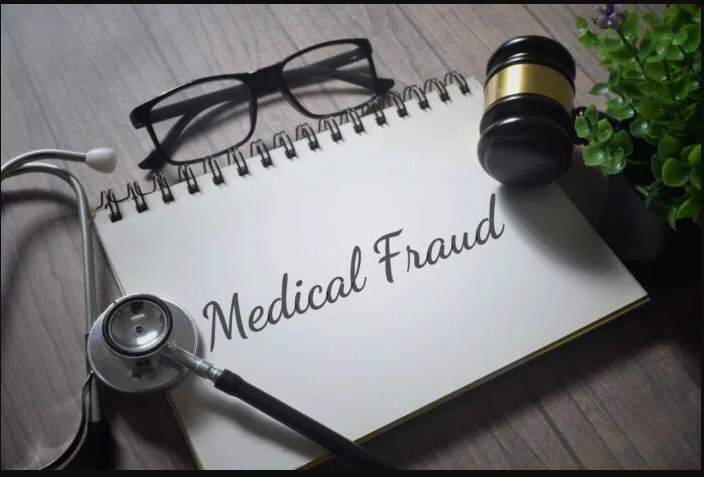Healthcare whistleblower: Have you witnessed Medicare fraud or Medicaid fraud? Has your employer committed healthcare fraud? Did you receive a mail about a class action on the settlement to resolve claims about the Healthcare whistleblower lawsuit? This review will help you partake in the class action settlement after confirming the authenticity of the mail.
What Is Healthcare Whistleblower Class Action Settlement?
When a company or individual submits claims to government programs such as Medicare, Medicaid, or Tricare and overbills, accepts kickbacks, or even charges for unnecessary services, they can be committing health care fraud against the government. Such claims violate the False Claims Act, a federal whistleblower law that allows individuals to take legal action when they witness fraud against the government.
Healthcare fraud whistleblowers may have seen their coworkers or employers commit fraud by submitting false claims while billing government programs for medical services.
Under the False Claims Act, individuals can sue for retaliation and other harm, like losing their job or taking a pay cut, if they file a whistleblower lawsuit.
When the federal government intervenes in a whistleblower lawsuit and reaches a settlement or judgment against a defendant, whistleblowers earn their own payments as a reward for taking action. In some cases, whistleblowers could recover millions of dollars from a False Claims Act lawsuit.
What Is This Class Action All About?
Regardless of how healthcare fraud occurs, it is illegal under the federal False Claims Act. The False Claims Act allows the government to take action against anyone submitting fraudulent claims. The law covers fraud in healthcare, military, and even foreign aid, anything government pays someone else to do.
The False Claims Act is unique because it involves a qui tam or whistleblower provision. Under this law, witnesses to fraud are the ones to file a lawsuit against companies committing fraud. Then, the federal government has the option to intervene in the lawsuit and take action against the defendants.
People may be afraid to report fraud due to the risk of retaliation in the form of being demoted or fired from their jobs. Luckily, whistleblowers have rights against retaliation and other harm under the False Claims Act. The federal law creates liability for companies who demote, suspend, harass, threaten, or fire whistleblowers as a result of their lawsuit. Furthermore, such a case is filed under seal (in secret), and an employer will not be aware of the suit for some time after the whistleblower files it.
The False Claims Act incentivizes whistleblowers by awarding them a portion of any recovered funds. Whistleblowers can earn between 15% and 30% of the total funds recovered by the government in a False Claims Act lawsuit. For large settlements, whistleblowers could earn millions of dollars.
Healthcare fraud costs taxpayers and the federal government billions of dollars every year, according to a report by the senate finance committee. Employees who witnessed this fraud could help prosecute fraudulent companies, protect taxpayer interests, and recover financial compensation by filing a whistleblower lawsuit.
Who Is Eligible?
The settlement benefits all class members who witnessed healthcare fraud by any these individuals or entities:
- Doctors
- Hospital administration
- Medical device companies
- Pharmaceutical companies
- Pharmacists
- Nursing homes companies
- Anyone providing any health care service.
How To Be Part of This Settlement
For a class member to partake in this settlement, they must submit their Valid claim on the settlement website.
What Is The Pay For This Settlement?
The pay for this settlement varies and the proof of purchase is not necessary.
Conclusion
As you submit your claim to the settlement website, just like Traumatic Brain Injury class action settlement we have reviewed , you’re doing so under penalty of perjury. You are also harming other eligible Class Members by submitting a fraudulent claim.

